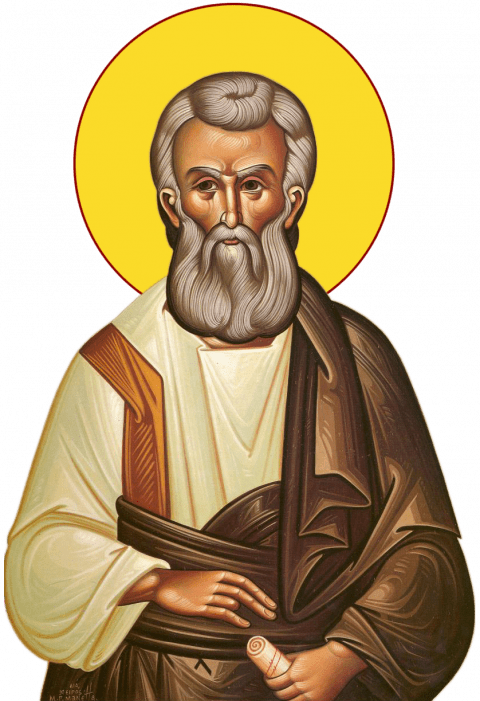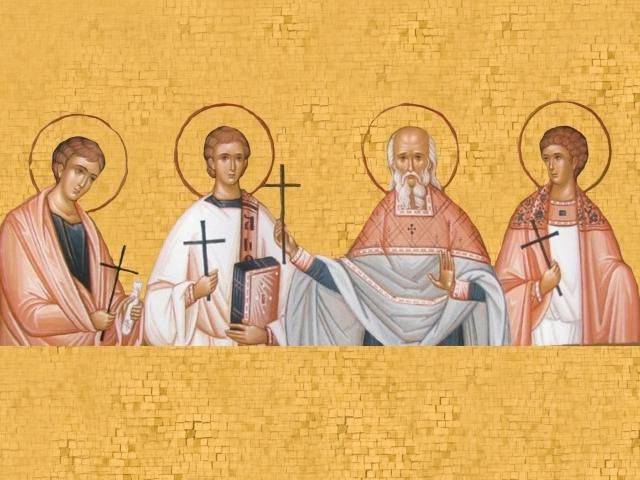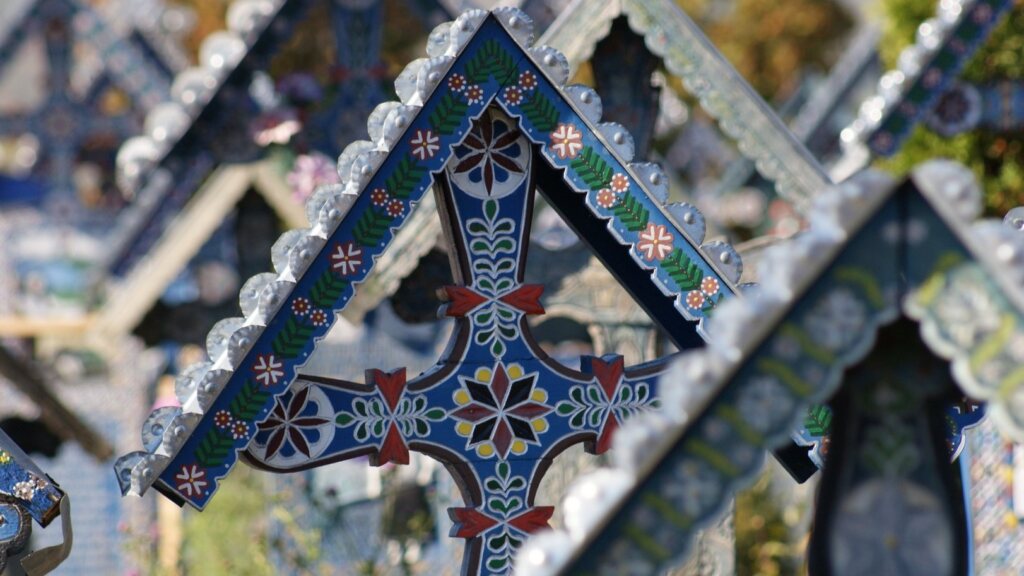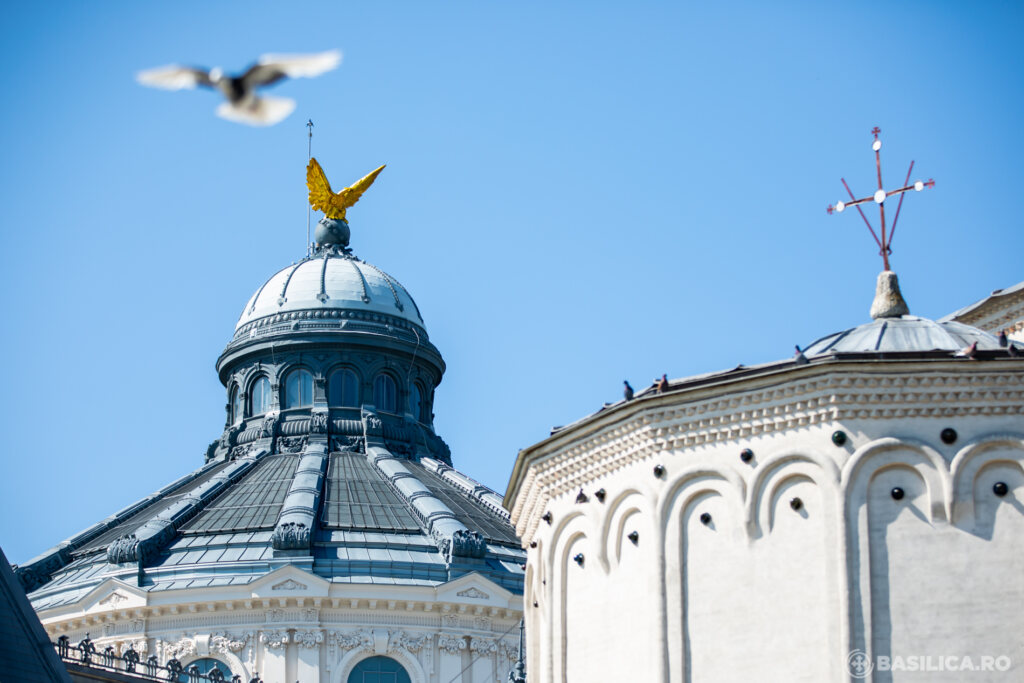Apostle Thaddeus
Saint Thaddeus, Apostle of the Seventy, was by descent a Hebrew, and he was born in the Syrian city of Edessa. The holy Apostle Thaddeus of the Seventy must be distinguished from Saint Jude, also called Thaddeus or Levi (June 19), who was one of the Twelve Apostles.
When he came to Jerusalem for a feastday, he heard the preaching of John the Forerunner. After being baptized by him in the Jordan, he remained in Palestine. He saw the Savior, and became His follower. He was chosen by the Lord to be one of the Seventy Disciples, whom He sent by twos to preach in the cities and places where He intended to visit (Luke. 10: 1).
After the Ascension of the Savior to Heaven, Saint Thaddeus preached the good news in Syria and Mesopotamia. He came preaching the Gospel to Edessa and he converted King Abgar, the people and the pagan priests to Christ. He backed up his preaching with many miracles (about which Abgar wrote to the Assyrian emperor Nerses). He established priests there and built up the Edessa Church.
Prince Abgar wanted to reward Saint Thaddeus with rich gifts, but he refused and went preaching to other cities, converting many pagans to the Christian Faith. He went to the city of Beirut to preach, and he founded a church there. It was in this city that he peacefully died in the year 44.
(The place of his death is indicated as Beirut in the Slavonic MENAION, but according to other sources he died in Edessa. According to an ancient Armenian tradition, Saint Thaddeus, after various tortures, was beheaded by the sword on December 21 in the Artaz region in the year 50).
Troparion — Tone 4
O holy Apostle Thaddeus, witness of God, / Who appeared in the flesh for our sake, / you brought the light of saving grace to those in darkness / and were revealed as an excellent physician to those in Edessa. / Wherefore shelter those who fervently seek you.
Martyr Bassa with her sons
The Martyr Bassa with her sons Theognis, Agapius and Pistus, lived in the city of Macedonian Edessa and she was married to a pagan priest. From childhood she had been raised in the Christian Faith, which she passed on to her sons.
During the reign of the emperor Maximian Galerius (305-311), the husband denounced his wife and children to the governor. In spite of threats, the boys refused to offer sacrifice to idols, so they were tortured and put to death.
Saint Bassa was thrown into prison and was weakened by hunger, but an angel strengthened her with heavenly food. Under successive tortures she remained unharmed by fire, water and beasts. When they brought her to a pagan temple, she shattered the statue of Zeus. Then they threw the martyr into a whirlpool in the sea.
But to everyone’s surprise a ship sailed up, and three radiant men pulled her up (Saint Nicodemus of the Holy Mountain (July 14) suggests that these were her children, martyred earlier). After eight days Saint Bassa came by ship to the governor of the island of Alona, not far from Cyzicus, in the Propontis or Sea of Marmora. After beating her with rods, they beheaded her.
By the year 450 there was already a church in honor of the holy martyr Bassa at Chalcedon.
Troparion — Tone 4
Your holy martyr Bassa and her sons, O Lord, / through their sufferings have received incorruptible crowns from You, our God. / For having Your strength, they laid low their adversaries, / and shattered the powerless boldness of demons. / Through their intercessions, save our souls.
Martyrs Donatus the deacon, Romulus the priest, Silvanus the deacon and Venustus
They suffered martyrdom during the reign of Diocletian. The bloody persecutions against Christians were started by the Roman emperors, who considered Christianity dangerous for the existance of the Roman state, which was a pagan state at the time.
At the time, religion was closely connected with political and social life. The Roman citizens were bound to honour the gods and brig them sacrifices and Christians refused to do so. Many Roman emperors decreed bloody persecutoins against Christians – among them, Diocletian (284-305 A.D.).
Between 303 and 304, Diocletian issued four decrees against the Christians, ordering the churches to be torn down, forbidding Christian gatherings, and the killing of priests and faithful who refused to bring sacrifices to pagan gods.
Among the punishments: rod beating or stoning, cutting their flesh with sharp glass, buring them with hot iron, pouring melted lead on their backs, hanging them head down, crushing their feet, strangling, drowning, beheading.
Priest Romulus, Deacon Silvanus, Deacon Donatus and his brother Venust received martyrdom in Cibalae (Cibales), near Sirmium.
They were beheaded on August 21, 304, for confessing their Christian faith and refusing to bring sacrifices to the pagan Gods.







